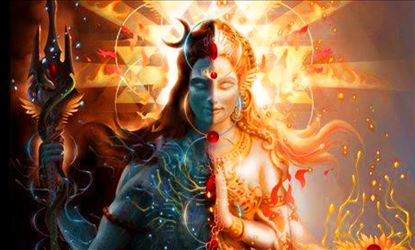Upvaas, or fasting, in Hinduism is mainly observed for the fulfillment of a vow. Upvas is also referred as 'Vrats.' But 'Vrat' has a wider meaning and it is not just curtailed to the fasting observed for material or other gains. Each day in a week is dedicated to one or more of the gods in the Hindu pantheon. A particular deity is appeased by the devotee on a particular day. Thus Monday is usually dedicated to Lord Shiva.
On the day, food is only eaten after evening prayer. Lord Shiva and Goddess Parvati are worshipped on the day. Of course, no worship begins without remembering Lord Ganesha. The fasting on Mondays in the Shravan month is considered even more auspicious. It is believed that those people who observe Upvaas on Monday will have their desires fulfilled and will be blessed with wisdom. In some areas, fasting on Mondays is observed by unmarried women to get an ideal husband.
The reason for fasting on a day is usually traced back to a particular incident in one of the Hindu Puranas or folk tradition. There are numerous myths associated with a particular fast. The stories vary from region to region and from community to community. Somvar Vrat, or Monday fasting, dedicated to Lord Shiva too has numerous stories.
Among the several myths, three have gained popularity – the first is the story of a poor Brahmin gaining wealth due to Monday fasting, second is the story of a rich merchant begetting a son after long wait and the subsequent death of the son and his rebirth due to the grace of Lord Shiva and Parvati and the third story is the most famous involving the game of dice played between Shiva and Parvati.






















